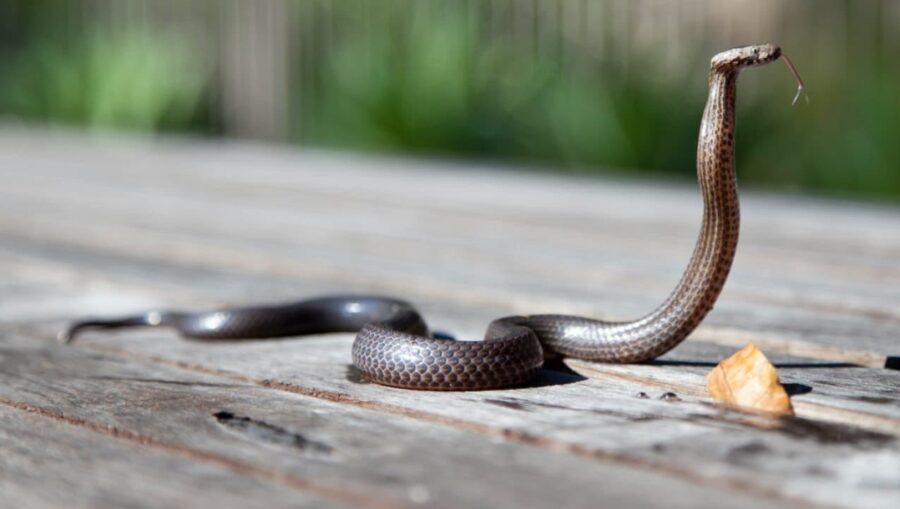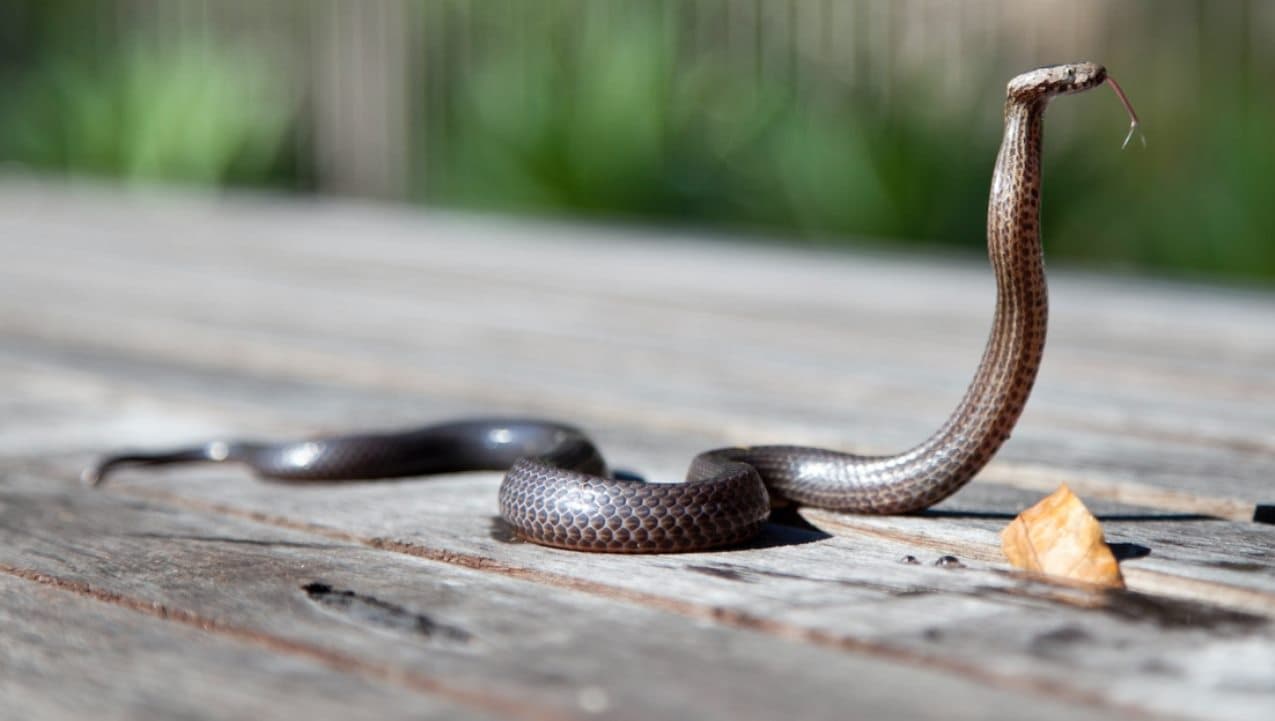
Snake bites: Researchers one step closer to having a universal antivenom
New research conducted in enabling the development of an antivenom provides a significant step towards saving thousands of lives.

Antivenoms are known to be specific to different snake species. This has prompted researchers to work on an antivenom that will neutralise the effects of venom from any venomous snake.
Current antivenoms are often unavailable and have drawbacks like low potency and severe side effects.
New research, published in Science Translational Medicine, describes the development of a lab-made humanised antibody called 95Mat5.
This antibody neutralises a key neurotoxin found in various snake venoms worldwide, including those of deadly species like the African black mamba and king cobra.
Snake venom bites kill an estimated 138 000 people annually, with many more suffering long-term consequences. Children and farmers are the majority of the victims.
LAB-MADE ANTIBODIES TO PRODUCE ANTIVENOM
Traditional antivenoms are produced by injecting horses with snake venom and harvesting their antibodies. This method is limited as it yields species-specific antivenoms with low potency.
There is also a risk of severe allergic reactions in humans due to the foreign horse antibodies.
According to the new research, lab-made antibodies, already used for treating cancers and immune disorders, offer a promising alternative. These antibodies can be “humanised” to minimise side effects.
The study demonstrates the feasibility of creating lab-made antibodies that broadly neutralise venoms from diverse snakes. However, 95Mat5 only targets neurotoxins.
A universal antivenom would require a cocktail of antibodies to neutralise various toxins in snake venom. These include haemotoxins (causing bleeding) and cytotoxins (destroying skin and bone).
The researchers are aiming to identify additional broad-spectrum antibodies similar to 95Mat5.
CHALLENGES REMAIN
Despite this progress, several challenges remain in producing a universal snake bite antivenom.
Firstly, further research is needed to ensure the effectiveness and safety of these lab-made antivenoms in humans.
Secondly, refrigeration might be necessary for storage, posing logistical hurdles in regions lacking reliable electricity.
Finally, the high cost of lab-made antibodies may not be affordable for snakebite victims, who are often from low-income communities.
While a universal antivenom may take a while still to reach patients, researchers say lab-made antobodies offer a significant leap forward in combating snake bite deaths and injuries.
